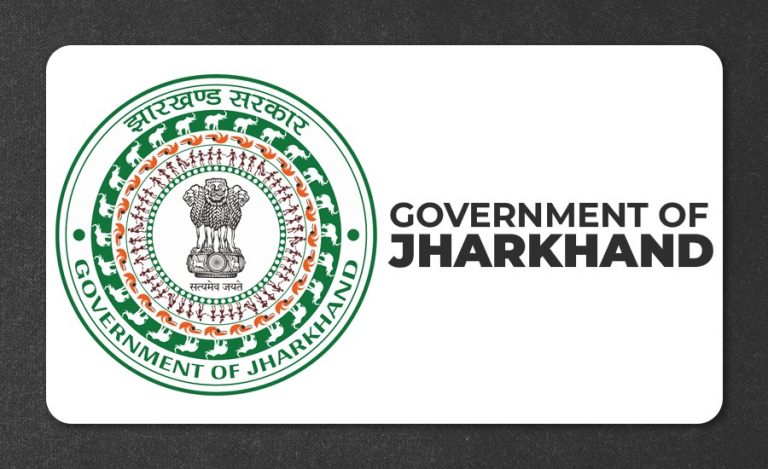New Delhi: The Supreme Court of India has delivered a strong message to anyone who dares to intimidate court-appointed officers: your conduct will not be tolerated. In a recent hearing, the Bench made it clear that threatening a woman lawyer-commissioner with a pistol during a court commission is a gross assault on the dignity of the judicial process. The accused has been directed to surrender to jail authorities by 6 November before his plea against a one-month jail sentence can be entertained.
Background of the Businessman Nitin Bansal Case
The case traces back to a contempt proceeding in the Delhi High Court relating to the disposal of 30,000 tons of industrial coal. The High Court restrained the father of the petitioner from dealing with the coal stock and subsequently appointed a woman lawyer as a court-commissioner (Local Commissioner) to inspect the premises in Faridabad.
During the commission’s execution in July 2024 at the Faridabad site, the commissioner reported that the petitioner – Nitin Bansal – placed a pistol on the table in presence of police officers, allegedly to intimidate her and obstruct the execution. The pistol was later confiscated and found to be a real firearm, contrary to Bansal’s claim that it was a toy or air-gun.
The High Court found Bansal guilty of criminal contempt, dismissed his ‘toy gun’ defence and imposed a one-month simple imprisonment sentence plus fine. Bansal then appealed to the Supreme Court.
Why This Case Matters for the Judiciary and Society
1. Protecting Judicial Integrity: The case serves as a stern warning that the courts will not tolerate attempts to obstruct or intimidate court-appointed officers. Such interference undermines rule of law and public confidence.
2. Gender-Based Intimidation: The target in this matter was a woman lawyer-commissioner. The court took note of this facet, which highlights the importance of safeguarding women professionals within the justice system from intimidation.
3. Contempt of Court Clarified: The Bench emphasised that placing a visible firearm — real or purportedly toy — in presence of a court official constitutes obstruction and intimidation, not merely a technical formality.
4. Deterrence Value: By directing the accused to surrender before relief is considered, the court shows that promises of leniency or delay will not dilute accountability.
5. Signal to Legal Community: Lawyers, litigants, and officers must recognise that court-appointed tasks are integral to justice delivery and cannot be hampered by force, threat or fear.





























